As the global population ages, the demand for hearing aids and their components, particularly hearing aid batteries, is on the rise. Quality of life for individuals with hearing loss is significantly enhanced by these devices, making understanding the nuances of hearing aid batteries essential for potential users. These batteries come in various types, including zinc-air and rechargeable options, each catering to specific user needs and preferences. For users, being informed not just about battery longevity but also about the efficiency and compatibility with different hearing aids is crucial. This article provides a detailed overview, including expert recommendations and buying guidance, to help you make informed choices.
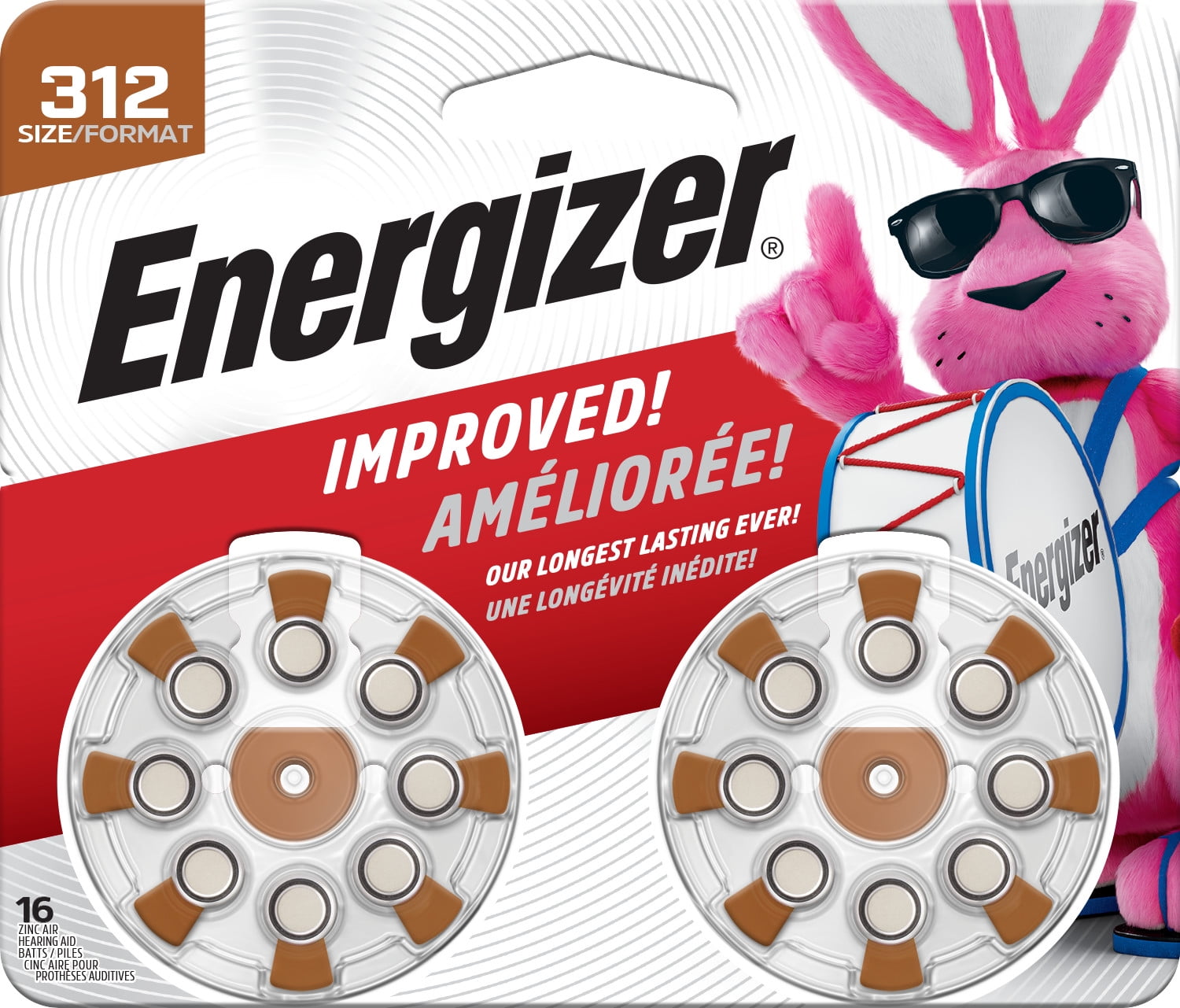
hearing aid batteries
Understanding Hearing Aid Batteries: Types and Technologies
Hearing aid batteries primarily fall into two categories: disposable and rechargeable. Disposable batteries, often zinc-air, are widely used due to their easy replaceability and affordability. They function through a chemical reaction involving oxygen, which allows for efficient energy production. In contrast, rechargeable batteries, usually lithium-ion or lithium-polymer, offer the convenience of not having to replace batteries regularly, making them a more sustainable option. Many users report satisfaction with rechargeable batteries, citing ease of use and long-lasting power. According to the Hearing Loss Association of America, selecting the right type of battery can significantly enhance the overall hearing aid experience.
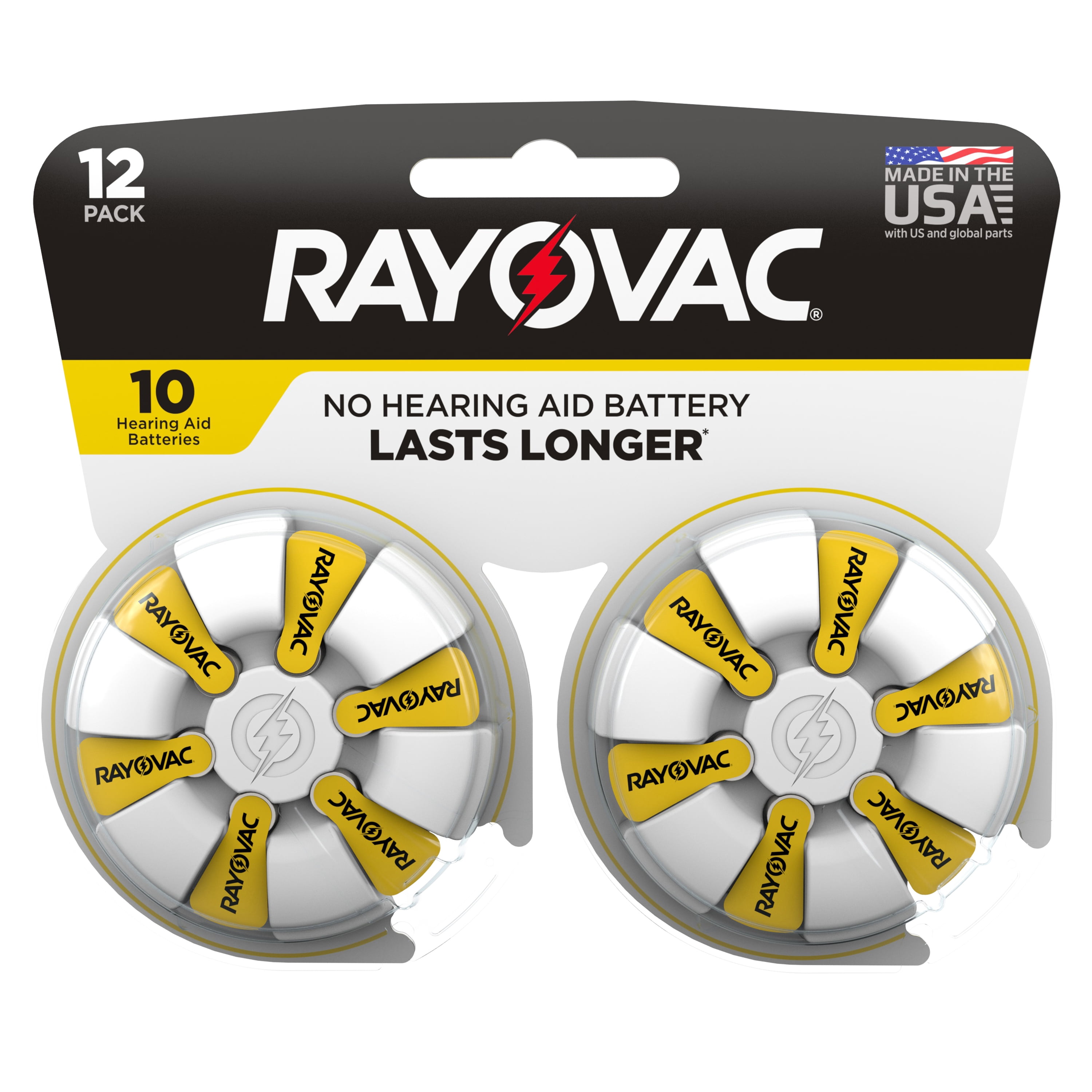
hearing aid batteries
Buying Guide: What to Look for in Hearing Aid Batteries
When purchasing hearing aid batteries, consider factors such as battery life, size, and compatibility with your specific device. Most hearing aids require size 10, 13, or 312 batteries, which are usually indicated in the user manual. It’s essential to check the expiration date on battery packaging as outdated batteries may provide lower performance. Additionally, users should pay attention to environmental factors, such as whether they prefer sustainable energy solutions through rechargeable options or need quick replacements with disposables. Websites like Amazon and specialized audiology sites often provide customer reviews that can guide users in their selections.
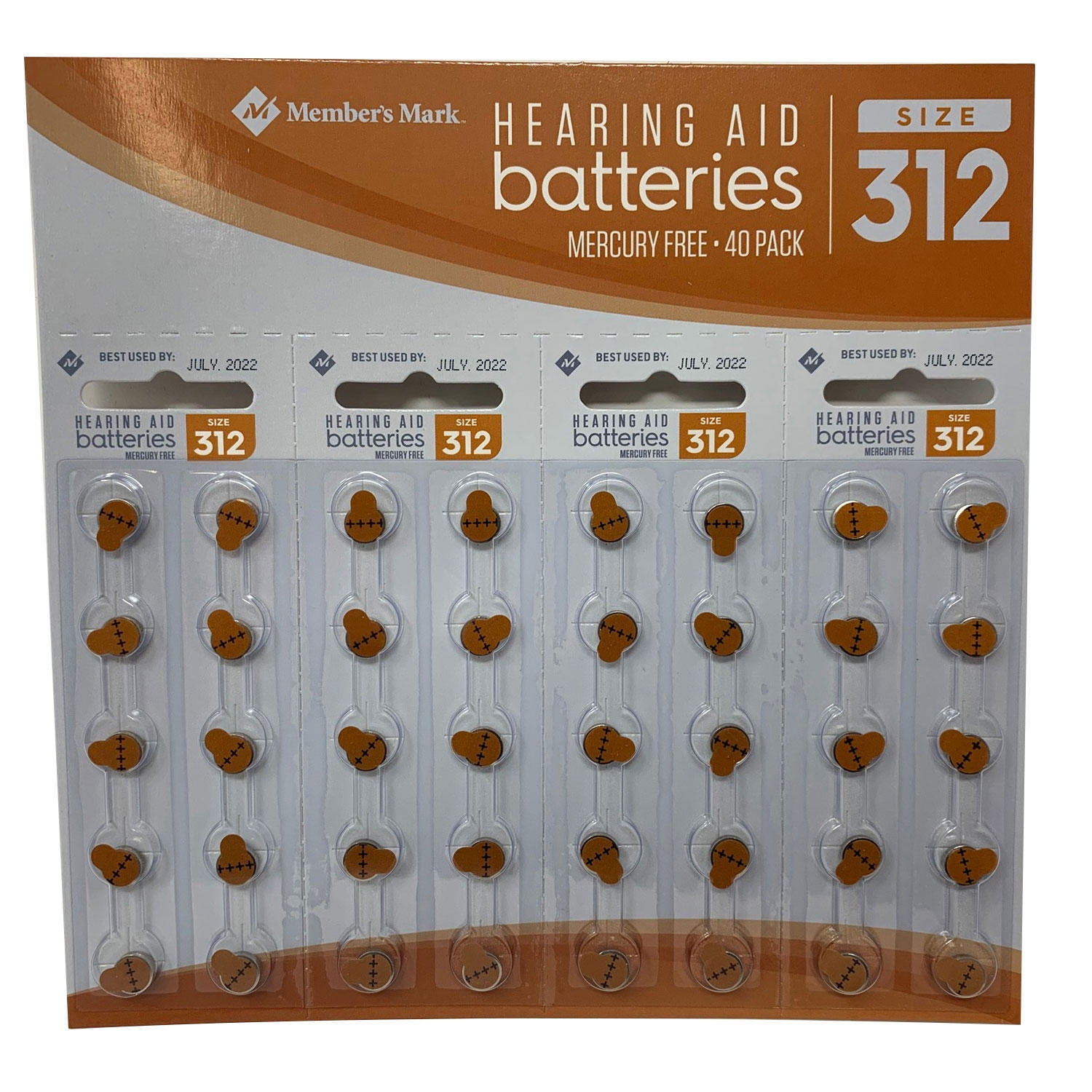
hearing aid batteries
Real-life Examples: Choosing the Right Battery
Consider John, a 68-year-old retiree who recently invested in hearing aids. Initially opting for disposable batteries, he quickly became frustrated with frequent changes during his daily activities. After consulting with an audiologist, he switched to rechargeable batteries, which provided him the flexibility he needed. Listening to music, enjoying conversations with family, and managing his active lifestyle became much more manageable. This simple switch allowed him to enjoy his hearing aids without the constant worry of running out of battery life. Such stories highlight how critical it is to assess individual needs when selecting hearing aid batteries.
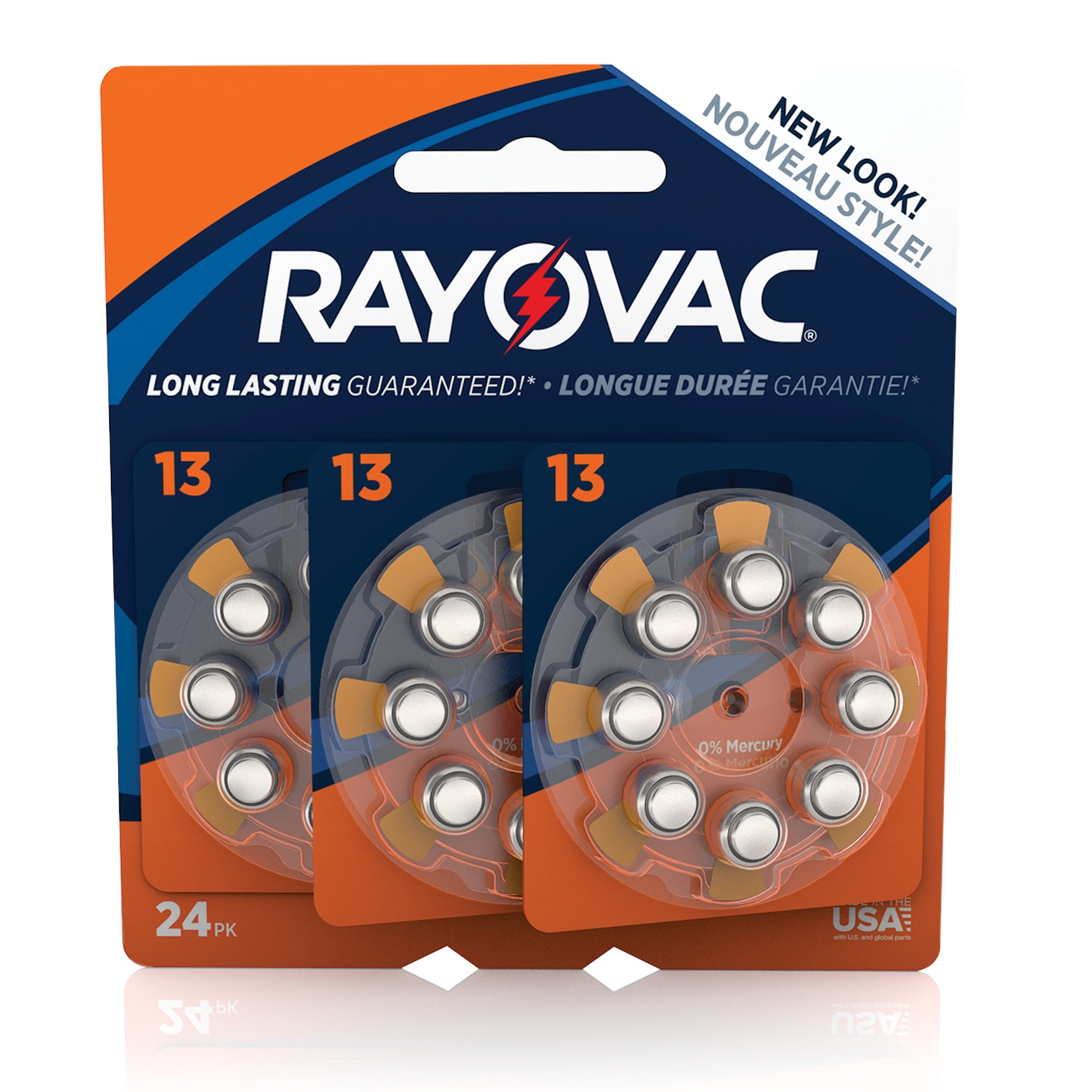
hearing aid batteries
Common Questions About Hearing Aid Batteries
What is the average lifespan of a hearing aid battery?
Can I use standard batteries in my hearing aid?
How do I care for my hearing aid batteries?
Are rechargeable batteries worth it?
What should I do if my hearing aid cuts out?
Conclusion: Empowering Your Hearing Experience
Understanding hearing aid batteries is crucial for ensuring optimal function and satisfaction with hearing aids. Whether you prefer traditional disposable batteries or the modern convenience of rechargeable ones, making informed decisions can significantly elevate your experience. For those considering a first-time purchase, consulting with audiology professionals can provide valuable insights tailored to your lifestyle. Don’t wait—explore your options today and take the next step towards improved hearing!
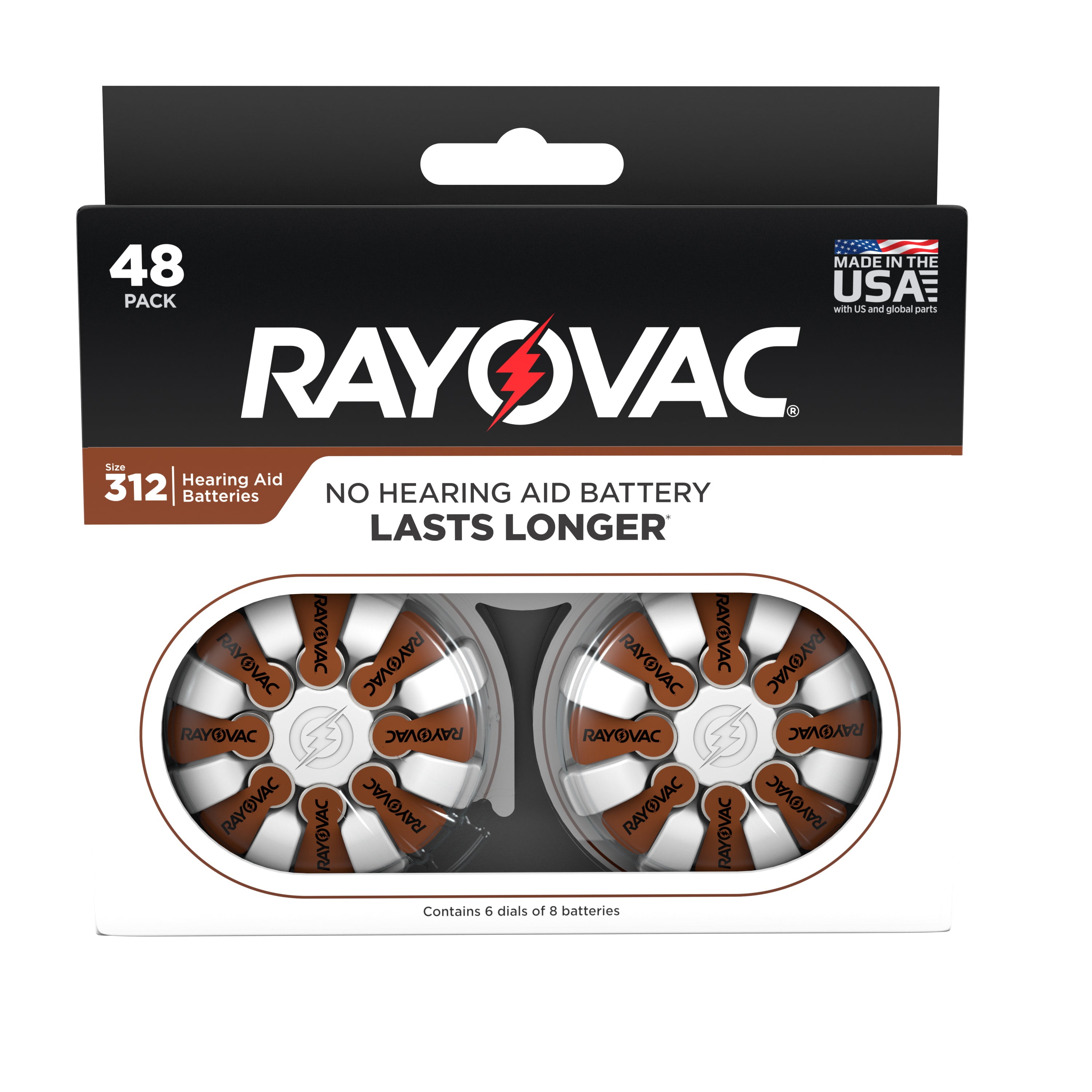
hearing aid batteries